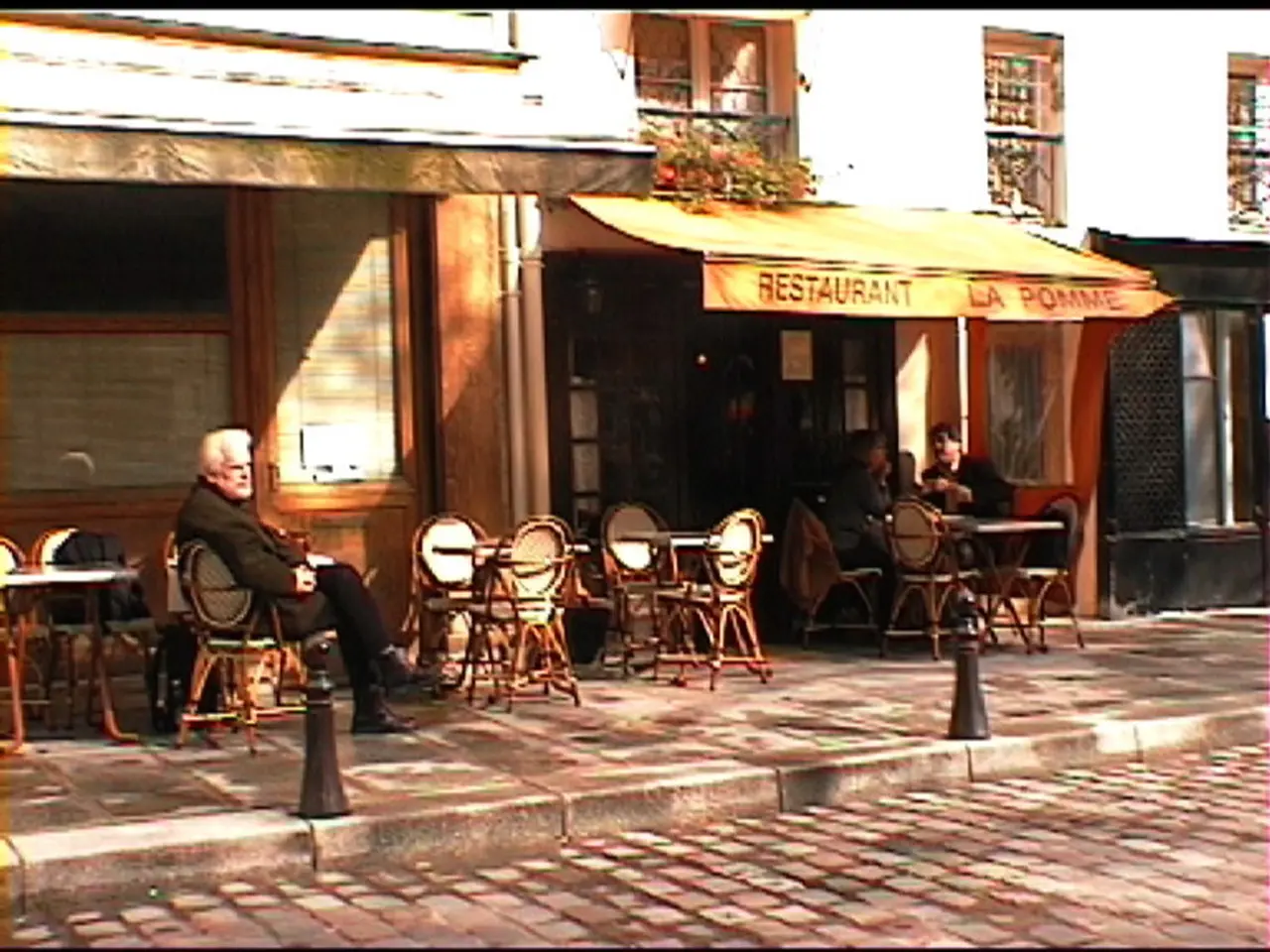Budget Day looms, drawing disagreement over the potential reinstatement of Value-Added Tax (VAT) rates
In the heart of Dublin, a popular café named Meltdown on Montague Street is closing its doors to sit-in customers due to increasing costs. This closure is just one of many in the Irish hospitality sector, which has been grappling with rising costs and a call for a permanent reduction in the Value Added Tax (VAT) rate.
The standard VAT rate in Ireland is 23%, but for guest accommodation, catering, and restaurant services, it currently stands at 13.5%. In November 2020, the VAT rate for the food and catering sector was reduced to 9%, a move that provided some relief to businesses. However, this rate was reverted back to 13.5% in August 2023.
Minister for Finance Paschal Donohoe has confirmed that there is a commitment in the Programme for Government to reduce the hospitality VAT rate to 9%, but he also stated that the tax package will not increase in size and will be used to bring forward an overall balanced budget. This commitment, however, has not been enough to quell the concerns of industry leaders and business owners.
Adrian Cummins, the Chief Executive of the Restaurants Association of Ireland (RAI), has been a vocal advocate for the sector, stating that reducing the VAT rate for food-led businesses to 9% would give the sector a "fighting chance" into the future. He emphasized that smaller businesses in the sector are under extreme pressure due to issues like energy costs, food inflation, minimum wage increases, and changes to sick pay.
The RAI reported 546 closures in the food-services sector last year, including restaurants and cafes. In the first seven months of this year, the RAI identified 306 closures. These figures have sparked calls for urgent action in Budget 2026, with Cummins stating that without such action, closures will escalate.
The hospitality sector, which has a high rate of business churn, has seen approximately 1,900 openings in 2018, according to Professor Martina Lawless, Director of the ESRI. However, the recent closure figures do not include details on new openings, so there is no net figure - the difference between openings and closures.
The call for a VAT rate reduction is not without controversy. Minister of State at the Department of Justice Niall Collins expressed discomfort with extending the rate for luxury hotels, while the Chief Executive of the Irish Hotels Federation insisted that the call for the rate reduction is "for food only" and not for hotel accommodation.
Including accommodation in any VAT rate reduction from 13.5% to 9% would cost an additional €134.9 million, according to the Department of Finance. This cost has been a point of contention, with some arguing that the benefits of the reduced VAT rate outweigh the costs.
The Programme for Government pledged to support Small and Medium Enterprises (SMEs), particularly the retail and hospitality sectors, by bringing forward measures to address increased cost pressures. As the sector continues to struggle, the hope remains that the Government will introduce a VAT rate cut, providing "certainty" for businesses like Meltdown and many others.







